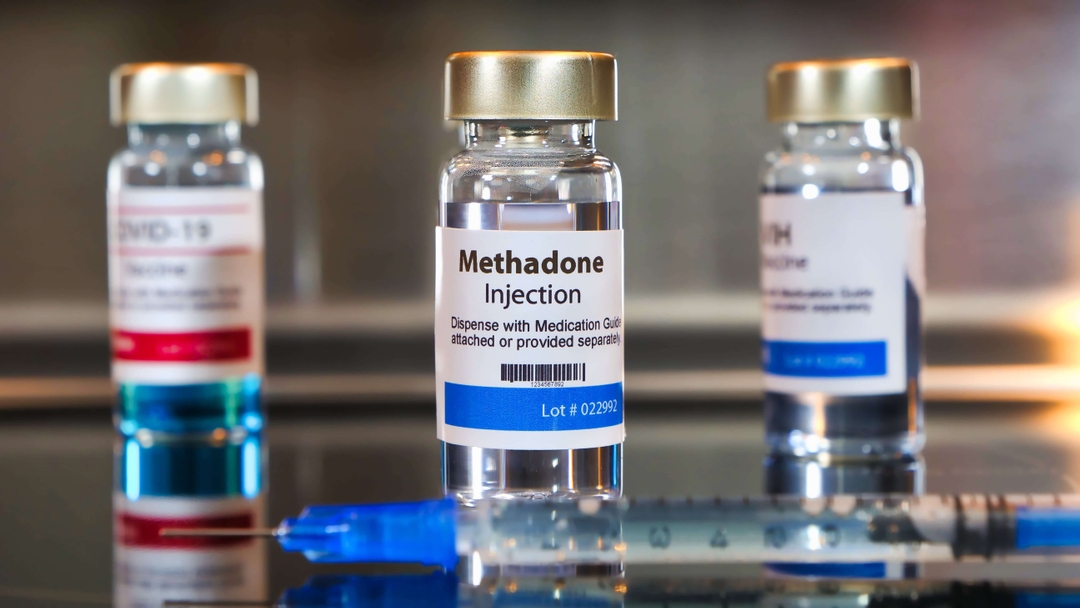
Heroin and opioid use disorders are a part of a devastating epidemic in the United States that claims the lives of thousands of people each year. At Lake Ave Recovery, we understand that the treatment of opioid addiction is a complex journey that requires many layers of care. We offer comprehensive Medication-Assisted Recovery (MAR), paired with our evidence-based behavioral treatment programs to help our clients achieve long-term recovery.
What is Medication-Assisted Recovery?
Heroin, like other opioids, is highly addictive, even if many cases of heroin addiction begin with prescription opioid use. Medication-Assisted Recovery is effective in treating those with opioid addiction to help dampen the most difficult withdrawal symptoms and to prevent relapse in the early stages of recovery. Addiction medicine specialists can use medications to regulate brain chemistry, alleviate cravings, and block the effects of the substance, allowing individuals time to normalize their bodily functions.
At Lake Ave Recovery, Medication-Assisted Recovery is used in conjunction with counseling and behavioral therapy to provide an aggregate treatment experience.
There are three primary types of medications used in Medication-Assisted Recovery for opioid addiction:
Agonists: Agonist medications activate the same receptors in the brain as opioids, helping to offset withdrawal symptoms. They produce the same effect as opioids but much milder. An example of an agonist is methadone.
Antagonists: Antagonist medications block the effects of opioids. Examples of antagonists are naltrexone and naloxone (Narcan).
Partial Agonist-Antagonists: These medications have a dual effect on the brain, mildly activating opioid receptors while blocking the effects of opioids. They also reduce withdrawal symptoms. An example of a partial agonist-antagonist is buprenorphine (Suboxone).
Is Methadone Addictive?
For decades, methadone has been one of the leading medications used in Medication-Assisted Recovery to help people reduce their use of heroin or other opiates and prevent overdose. The use of methadone in recovery is approved by the Food and Drug Administration and is a preferred treatment method by the Substance Abuse and Mental Health Services Administration.
Methadone is a long-acting medication used to replace shorter-acting, highly addictive opioids that an individual may use, such as oxycodone, heroin, or fentanyl. The effects of methadone can last for about 24 to 36 hours, helping individuals avoid severe withdrawal symptoms and reduce their drug cravings.
When used incorrectly, however, there is an increased chance of methadone overdose or addiction. A methadone overdose acts on the central nervous system (CNS), slowing the rate of breathing and limiting oxygen to the brain. This could result in brain damage, coma, or death.
For this reason, it is important that doses be administered by a qualified medical professional. At Lake Ave Recovery, our Medication-Assisted Recovery program is under professional supervision to ensure the safety of all our clients.
Why Choose Lake Ave Recovery for Medication-Assisted Recovery?
Lake Avenue Recovery offers opioid rehabilitation programs that fit your individual needs in a safe, monitored environment. If we determine that your course of treatment requires greater medical supervision, we will guide you to the care of trained medical staff to ensure your well-being throughout that process. Once you complete detox, you would be eligible for any one of Lake Avenue Recovery outpatient programs, including Day Treatment, Evening Treatment, and Intensive Outpatient Program (IOP), services.
To learn more about your journey towards recovery with Lake Ave Recovery, call 508-794-4400.
